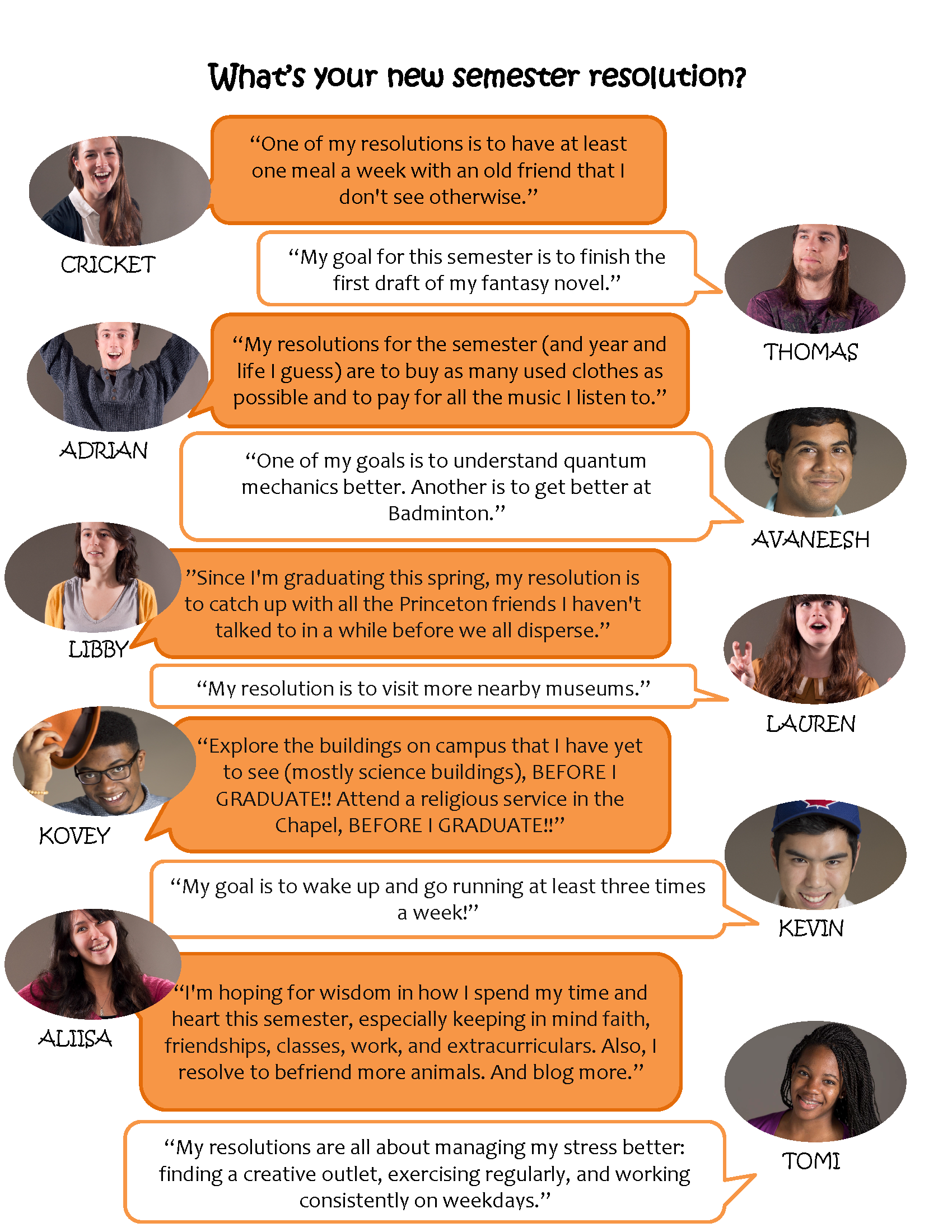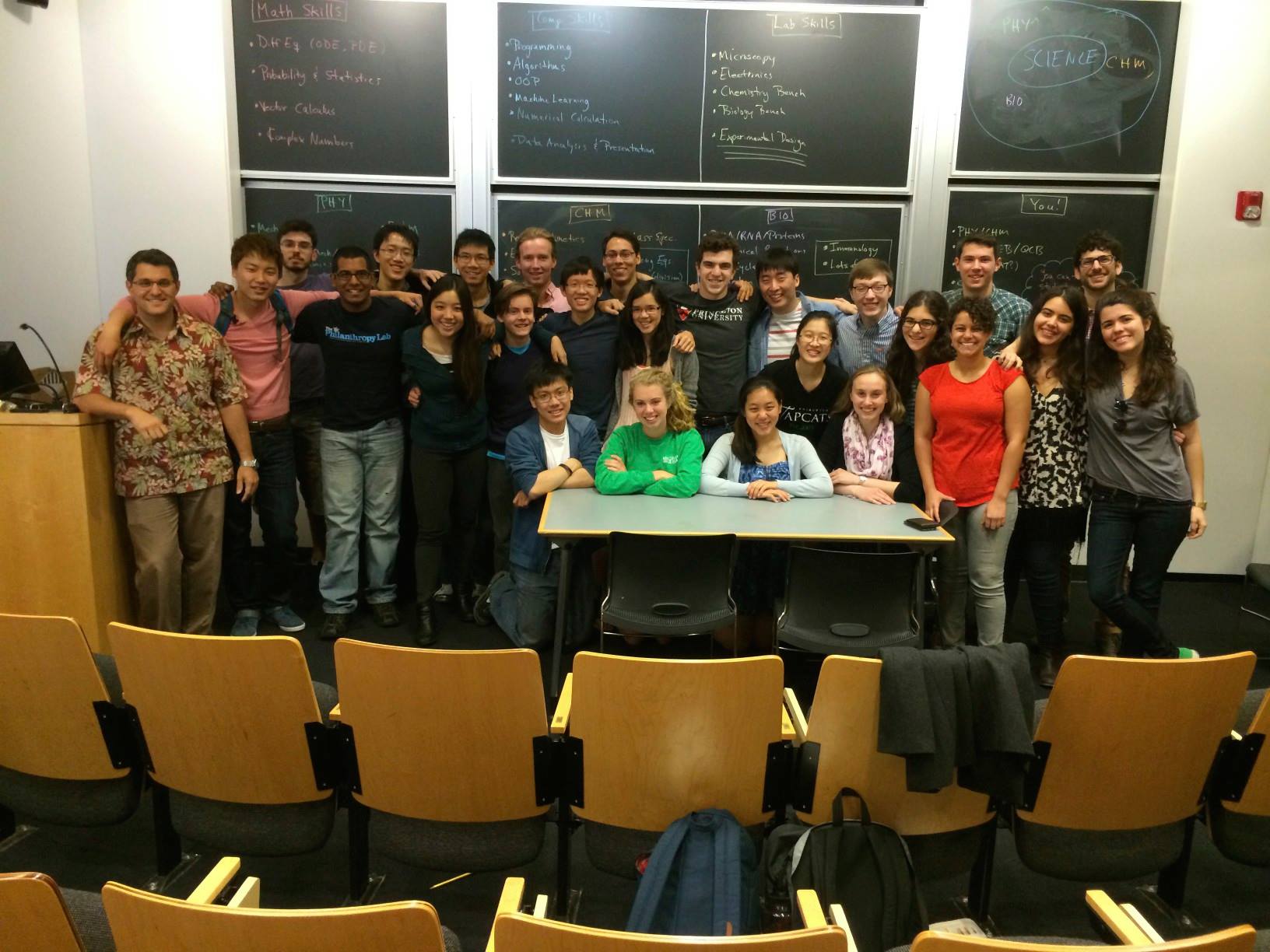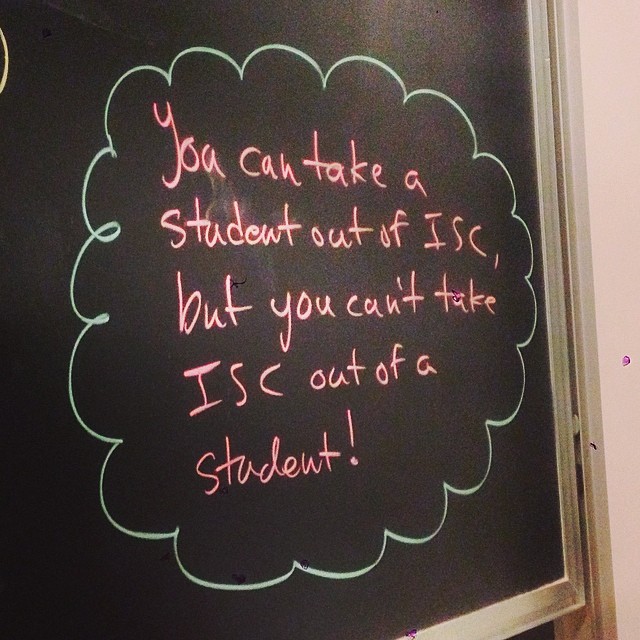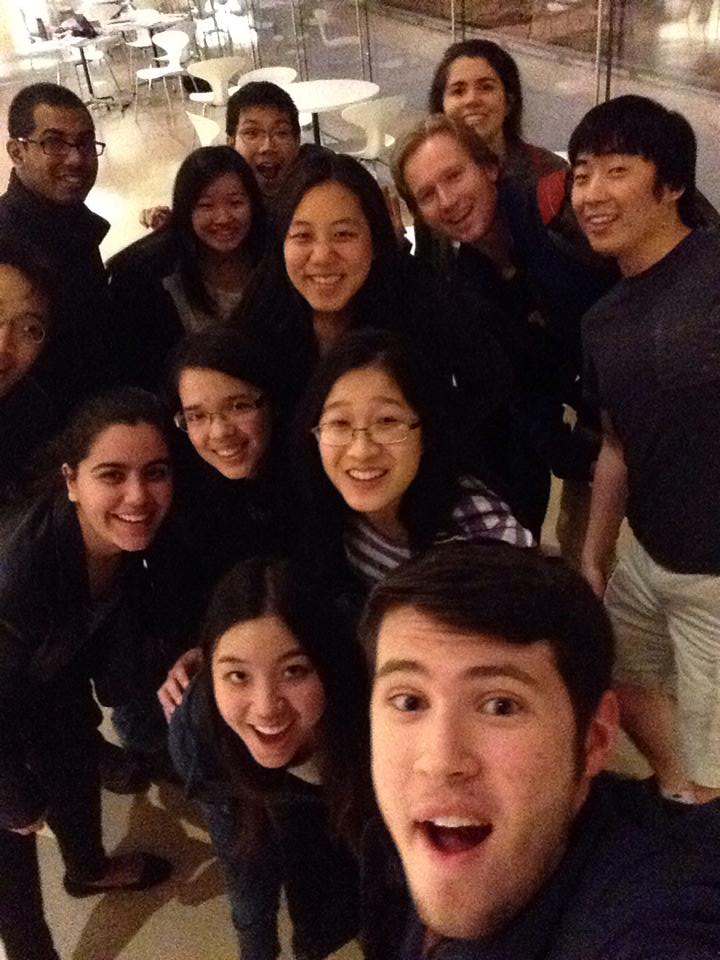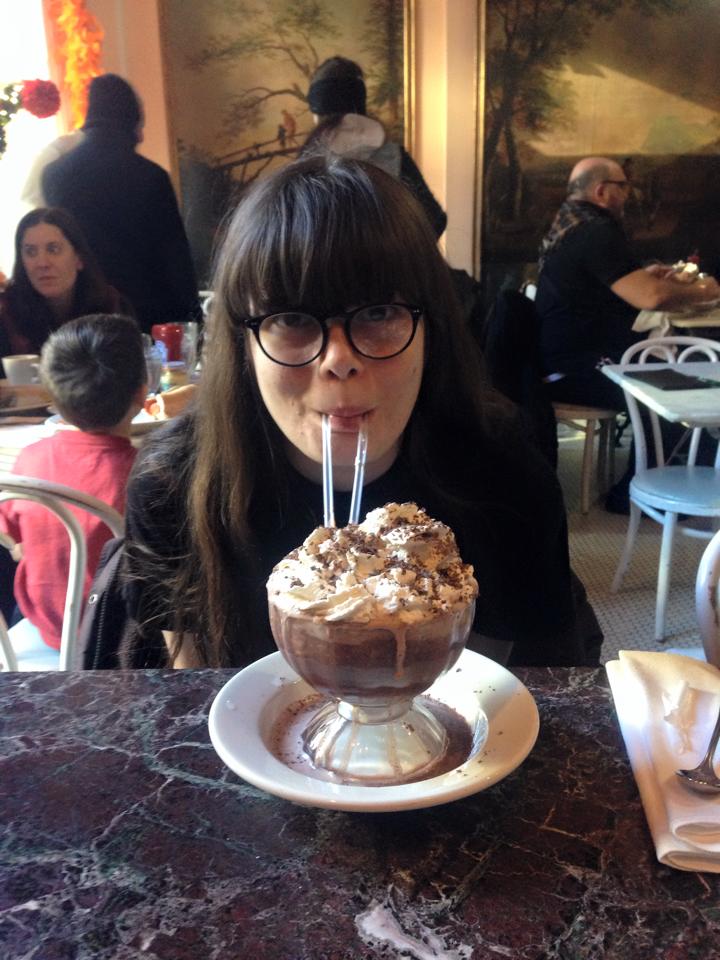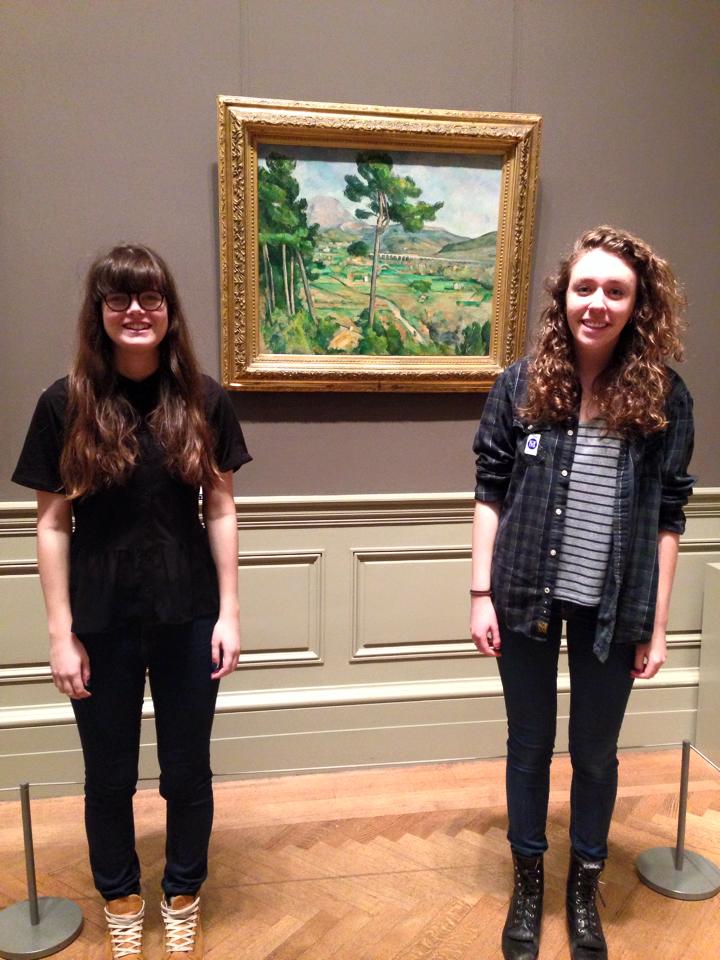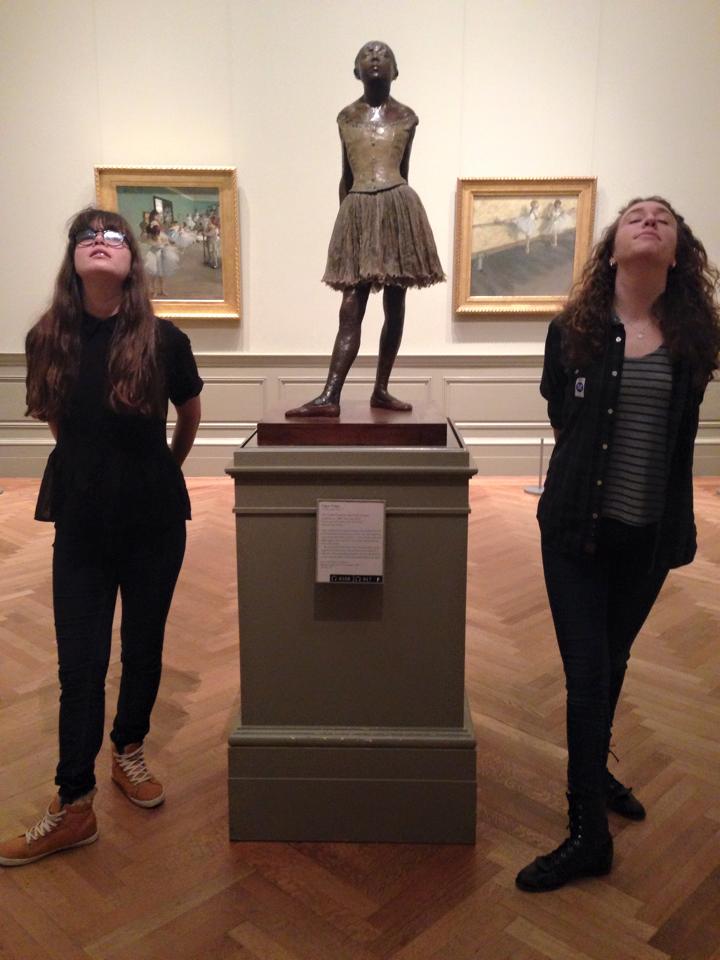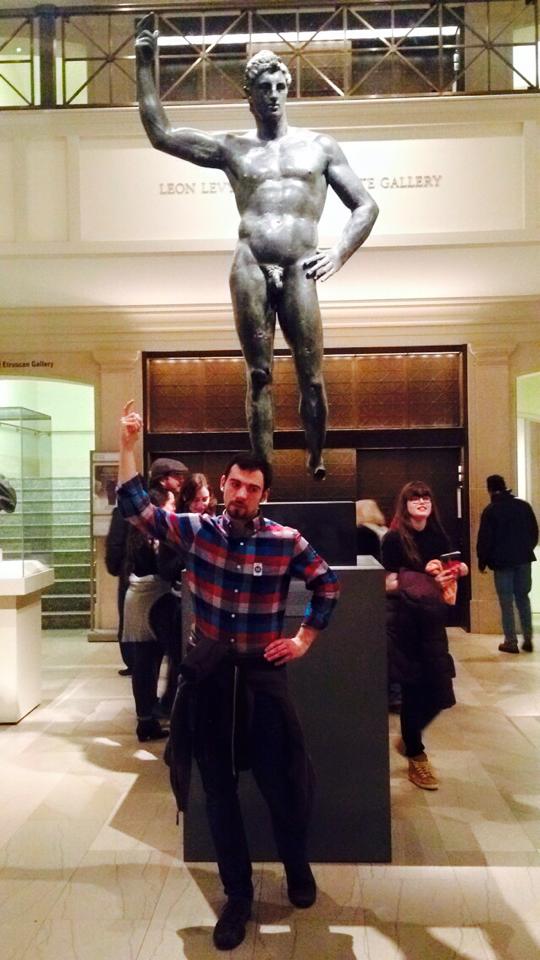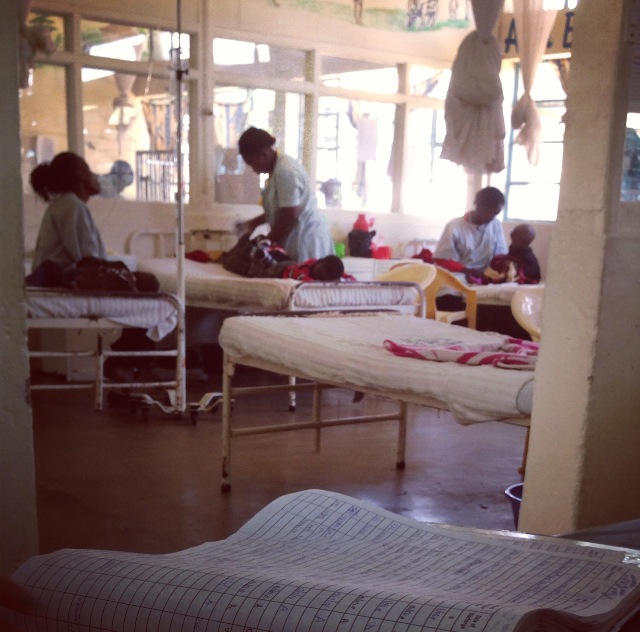Last spring semester, I attended an information session put on by Princeton’s Fellowship Advising about the Rhodes Scholarship. The session described Oxford as a good place for postgraduate study, the Rhodes as a good and prestigious way of supporting that study, and urged attendees not to underestimate their chances of winning. A lab near Oxford is home to some exciting fusion research, so I thought the fellowship might be a good fit for me, and decided to apply.
In early November, I received an email telling me that I had been selected as one of 12 finalists in the Boston region for the scholarship and inviting me to a dinner with the other finalists and the Rhodes committee members on a Friday night, followed by a Saturday interview, after which the winners would be announced. I was thrilled to be invited, and immediately began preparing for the interview and travel to Boston. The Rhodes Trust does not arrange or reimburse travel to the interview, which I found frustrating (last-minute transportation to Boston, plus two nights of accommodations at a hotel close enough to the interview site to arrive at 8 a.m. on Saturday without getting up ridiculously early, plus two sets of business formal clothes for the dinner and interview equal around $700 for a one-sixth chance at the scholarship). However, when I met the other candidates, I realized it could have been a lot worse; at least two of them had flown in from Africa specifically for the interview.
The dinner and the interviews took place at the Beacon Hill mansion of Bruns Grayson, a venture capitalist who is the secretary of the Boston Rhodes committee. Since I was unfamiliar with the neighborhood, I arrived about half an hour early, and waited about 20 minutes in the cold before finally going in. I was still the first to arrive, and was the first to meet the committee members who would interview me the next day. I developed a reputation for being early, which my friends know does not typically describe me.
I wasn’t sure how to behave during the dinner; it isn’t often that I have to eat food with people who are directly competing with me and people who are assessing me. So I set my expectations low: I decided to try not to spill any food. Unfortunately, I failed there, dropping a piece of asparagus that was nearly eaten by the Graysons’ dog. At the dinner, we drew slips of paper to select interview times for the next morning. I was unsuccessful there as well, selecting the earliest interview time, 8 a.m.
I arrived around 7:40 the next morning, and after a short period of nervous waiting, Bruns Grayson led me to the interview room. About half my questions were relatively easy queries about my background (“Can you give us an overview of fusion research as a whole as you see it?”; “What makes you a good physicist?”; “Can you describe what your role in your co-op is?”) and half were weird philosophical physics questions (“Do you think God rolls dice?”; “Does the field of physics as a whole evolve towards a central goal, or on an ad-hoc basis?”; “Define beauty in physics and in Latin American Studies, then compare the two.”). I am earning a certificate, by the way, in Latin American Studies.
Before the interview, I had been worried about getting quiz-like questions that I couldn’t answer (something like “Who is the American ambassador to Argentina?”), and since I was able to answer all of my interview questions without hesitation, I felt good immediately afterwards. In retrospect, however, I’m not sure what the committee wanted from many of its questions, and thus how well I did; I, for one, have no idea if God rolls dice. Albert Einstein, who was not a believer in the inherent disorder of the universe predicted by quantum mechanics, once famously answered this question in the negative.
After the interviews, all the candidates waited together in the basement of Bruns Grayson’s house while the committee deliberated. This time was in fact one of the most interesting parts of the entire experience, because it revealed the different ways that people deal with stress. Some of the candidates sat alone, others nervously chatted over an Apples to Apples game, and one in particular told a lot of jokes. I was especially grateful for this last candidate, since he helped us all feel more at ease.
After a few hours of increasingly antsy waiting, Bruns Grayson came down to the basement and took us all upstairs, where the committee members named the winners. Those who had lost shook hands with the committee, then exited the house at remarkable speed. I had barely gotten my coat when I realized everyone was already gone.
I was disappointed after learning the committee didn’t select me, in part because of the unique opportunities that the fellowship would have offered me, and in part because of the effort I put into writing my essay, arranging the eight (!) recommendations Princeton’s Fellowship Advising suggests you should get, and preparing for the interview, especially at a time when I could have worked on my thesis or my graduate school applications.
Some people say that the most valuable part of the fellowship application process is what you learn about yourself while writing your essay and coordinating with recommenders, but I don’t think I learned much while I was preparing my application. So I was initially left feeling that I’d put in a lot of work and money for absolutely nothing.
I have been surprised, however, by the many things I have learned (or been reminded of) by losing. One is how random applications like this one can be, a lesson that is perhaps useful for those who are waiting to hear about their college admission applications. I didn’t feel like the committee members knew me well when they made their decision, and I didn’t see a clear reason why they picked the two winners over the many other talented candidates I had met. Who knows what they were looking for in our applications, and what they noticed.
Other lessons are more personal. In the past few months, I have realized I became too wrapped up in the excitement and prestige of winning the fellowship, and neglected to adequately consider and prepare for the intriguing possibilities available in the United States. I’m now looking forward to deepening my command of physics in graduate school and refocusing myself on science—I think I can actually have a more beneficial and productive experience without the additional networking and dinners that the Rhodes might have entailed. And I have still applied to Oxford as a normal graduate student, so there is still a chance I will get the exposure to UK fusion research that in part inspired me to apply.
